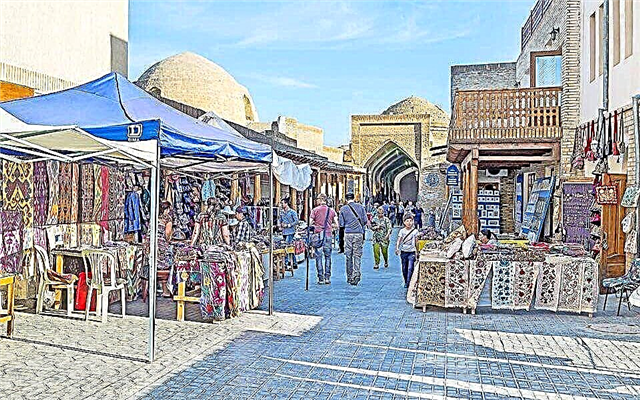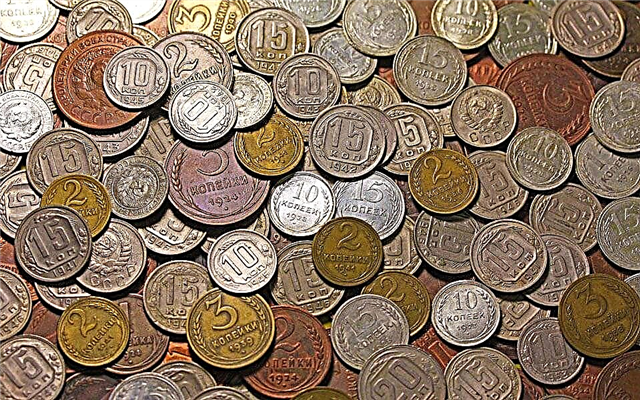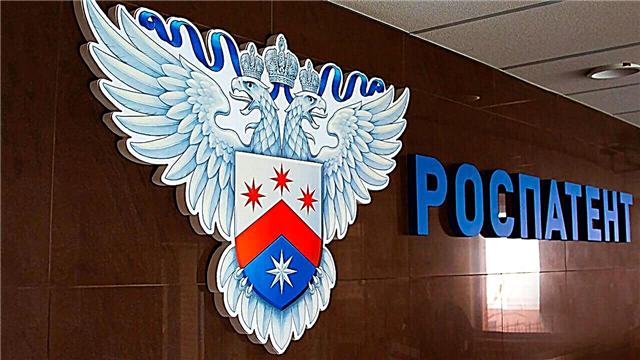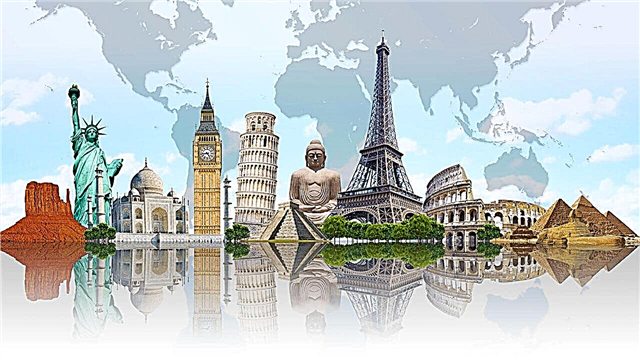For more than twenty years, the American Strategic Research Institute Heritage Foundation and the Wall Street Journal count every year. World Economic Freedom Index. The list covers 12 freedoms - from property rights to financial freedom - in 186 countries. The better things are with this or that freedom, the higher its indicator (maximum - 100 points, and 0, respectively, minimum).
The ideas of economic freedom are closely linked to the well-being of society, cleaner environmental conditions, higher per capita incomes, human development, democracy and the eradication of poverty.
Here is the first ten of the most economically free countries in the world in the ranking of 2018.
10. United Arab Emirates
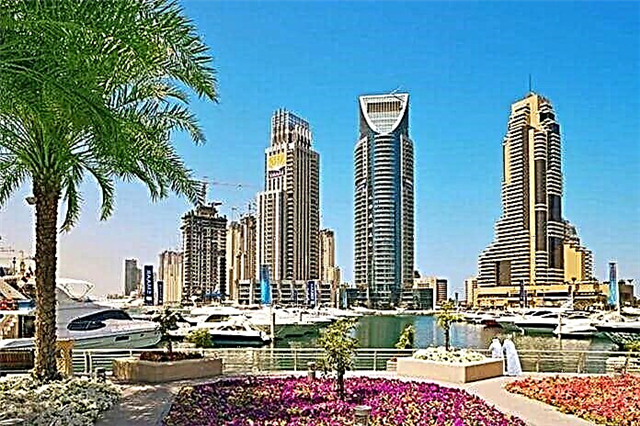 The UAE has a well-developed economy with a high per capita income and a significant annual trade surplus. Economic diversification has reduced the share of the oil and gas sector in GDP to 30 percent.
The UAE has a well-developed economy with a high per capita income and a significant annual trade surplus. Economic diversification has reduced the share of the oil and gas sector in GDP to 30 percent.
In terms of economic freedom, the UAE ranks first among 14 countries in the Middle East region, and the country's total score (77.6) significantly exceeds the average for the region and the world.
However, the state openness to foreign investment in the UAE is below the average (40 points).
9. Canada
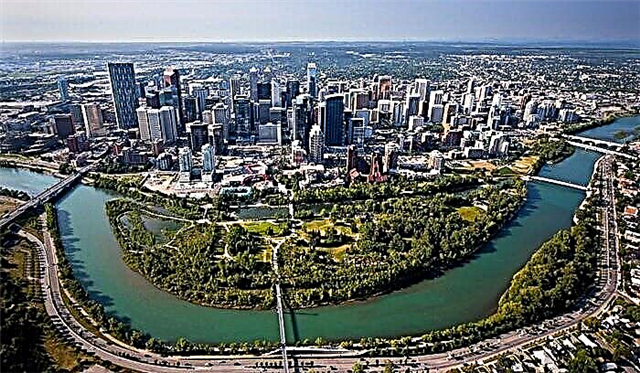 Although Canada ranked only ninth in the ranking of economic freedom, it beat 32 countries in the Americas and has a total score of 77.7.
Although Canada ranked only ninth in the ranking of economic freedom, it beat 32 countries in the Americas and has a total score of 77.7.
Canada’s economic competitiveness is based on a strong rule of law and a strong institutional framework for an open market system. And government support for fossil fuel industries is critical to the health of the Canadian economy.
Canada is very similar to the United States in its market system and high standard of living. Leading sectors of the economy include automotive, manufacturing, and mining and oil.
8. Great Britain
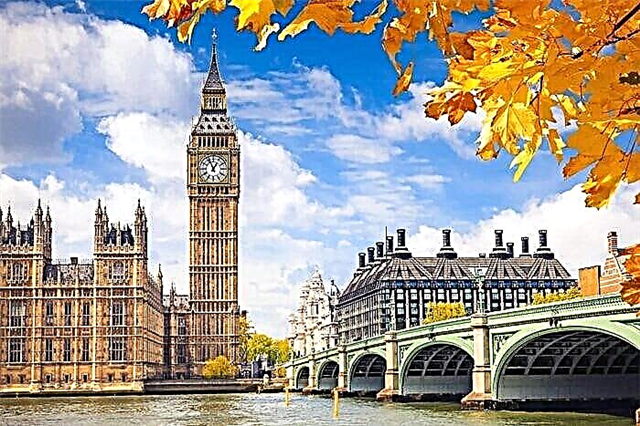 In 2018, the overall UK indicator grew by 1.6 points, which is explained by increased budget indicators and government spending indicators. Great Britain ranks 4th among 44 countries in the European region, and its total score is 78.
In 2018, the overall UK indicator grew by 1.6 points, which is explained by increased budget indicators and government spending indicators. Great Britain ranks 4th among 44 countries in the European region, and its total score is 78.
The Brexit process provided the British government with the opportunity to rectify any remaining structural weaknesses that could affect the efficiency of the economy. The UK has shown rapid recovery from the financial crisis, helped by factors such as the rule of law, open trade regimes and a well-developed financial sector.
7. Estonia
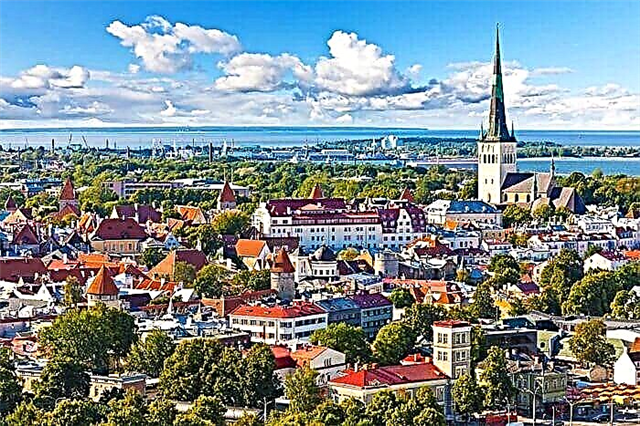 This small country ranks third among 44 countries in the European region, and its total score is 78.8.
This small country ranks third among 44 countries in the European region, and its total score is 78.8.
The sound financial policies of the Estonian government led to a balanced budget, low public debt and significant economic freedom.
A simplified tax system with fixed rates and low indirect taxation, openness to foreign investment and a liberal trading regime provide powerful support for a stable and well-functioning Estonian economy.
6. Ireland
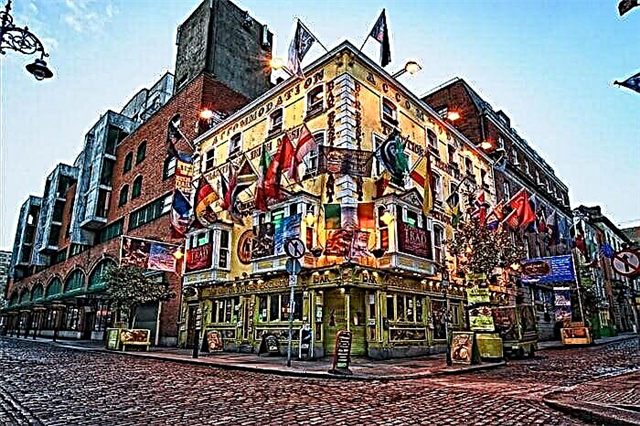 In 2018, the overall indicator of Ireland increased by 3.7 points (up to 80.4 points), which is explained by significantly higher indicators in the field of health and public spending, as well as an increase in the tax burden and indicators of freedom of labor. Ireland ranks 2nd among 44 countries in the European region.
In 2018, the overall indicator of Ireland increased by 3.7 points (up to 80.4 points), which is explained by significantly higher indicators in the field of health and public spending, as well as an increase in the tax burden and indicators of freedom of labor. Ireland ranks 2nd among 44 countries in the European region.
Although Ireland’s public debt remains high, measures to reduce the deficit and refinance debt in the banking sector have stimulated a recovery in the economy.
Ireland's stable economic base is backed by robust property rights protection and an independent judiciary that guarantees the rule of law.
5. Australia
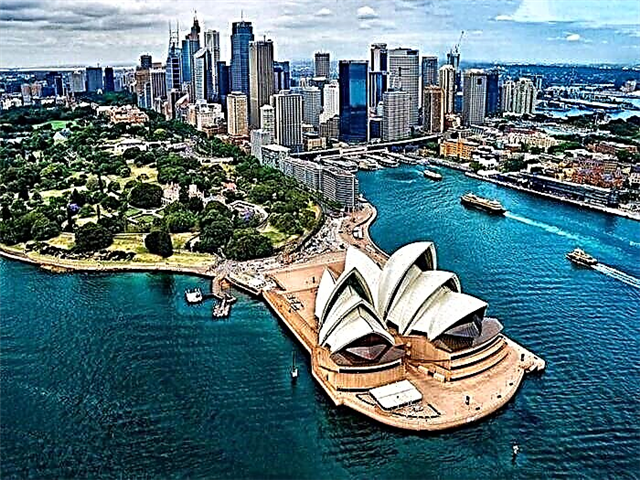 In fifth place in the top 10 of the most economically free countries is one of the best countries in terms of living standards in the world. Australia's economic freedom score is 80.9.
In fifth place in the top 10 of the most economically free countries is one of the best countries in terms of living standards in the world. Australia's economic freedom score is 80.9.
Australia is one of the richest countries in the Asia-Pacific region. Important sources of its exports are minerals and agricultural products.
Australia's regulatory environment is one of the most transparent and efficient in the world and is very conducive to entrepreneurship. In 2016, registering a business in the country took less than three days.
4. Switzerland
 A prosperous and wealthy Switzerland, with 81.7 points, boasts a transparent legal system, economic and political stability, a highly skilled workforce, and an exceptionally developed infrastructure.
A prosperous and wealthy Switzerland, with 81.7 points, boasts a transparent legal system, economic and political stability, a highly skilled workforce, and an exceptionally developed infrastructure.
Well-secured property rights, including intellectual property rights, encourage entrepreneurship. Flexible labor standards and the absence of corruption in Switzerland also contribute to improving the business environment.
3. New Zealand
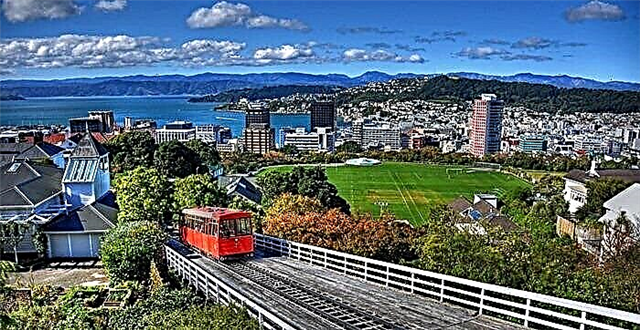 Australia's “Neighbor” scored 84.2 points, making it the third largest economy in the 2018 Index. The former British colony is now a country in which an efficient and competitive business environment has been created. Transparent, well-respected labor laws help improve the labor market. New Zealand has the lowest subsidies among OECD countries; it removed all subsidies to farmers more than three decades ago and stimulates the development of a dynamic and diversified agricultural sector.
Australia's “Neighbor” scored 84.2 points, making it the third largest economy in the 2018 Index. The former British colony is now a country in which an efficient and competitive business environment has been created. Transparent, well-respected labor laws help improve the labor market. New Zealand has the lowest subsidies among OECD countries; it removed all subsidies to farmers more than three decades ago and stimulates the development of a dynamic and diversified agricultural sector.
A bipartisan, market-oriented policy of the country contributes to economic sustainability and growth.
2. Singapore
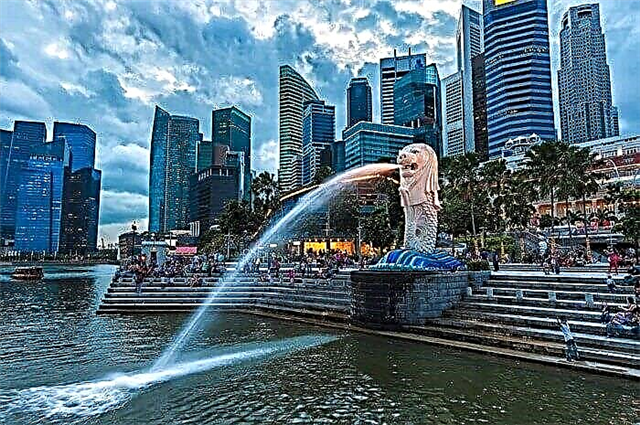 Singapore's total score in 2018 increased by 0.2 points (up to 88.8 points), thanks to improved cases in the areas of freedom of labor and property rights.
Singapore's total score in 2018 increased by 0.2 points (up to 88.8 points), thanks to improved cases in the areas of freedom of labor and property rights.
The highly developed economy in Singapore owes its success to a surprisingly open and non-corrupt business environment, a sound monetary and fiscal policy, and a transparent legal framework.
The government has shown commendable prudence in pursuing an active industrial policy to promote economic development and diversification, and also solves business problems through significant public investment and targeted financial incentives. Well-secured property rights contribute to the development of entrepreneurship in the country.
1. Hong Kong
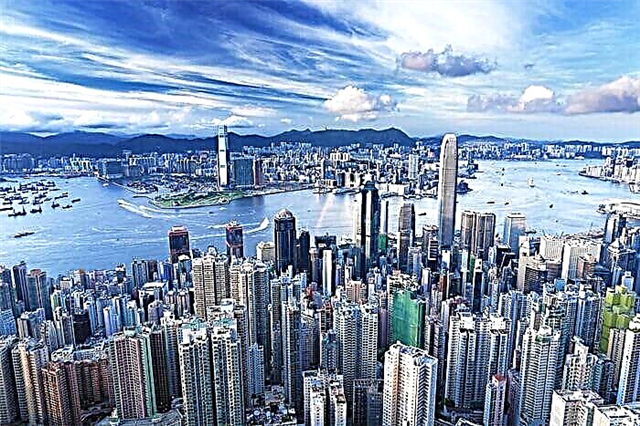 China's Special Administrative Region has become a leader in terms of economic freedom. His total score is 90.2.
China's Special Administrative Region has become a leader in terms of economic freedom. His total score is 90.2.
Hong Kong has long been the financial and business center of Asia. It boasts one of the most sustainable economies in the world. Hong Kong business operates within an effective and transparent regulatory framework. In 2016, business registration fees were reduced. Openness to global trade contributes to a favorable business climate. At the same time, Hong Kong is increasingly integrating with the mainland through trade, tourism and financial ties.
However, Hong Kong's reliance on foreign trade and investment makes this special economic zone vulnerable to global financial market volatility or a global slowdown.
Russia's place in the ranking of economic freedom
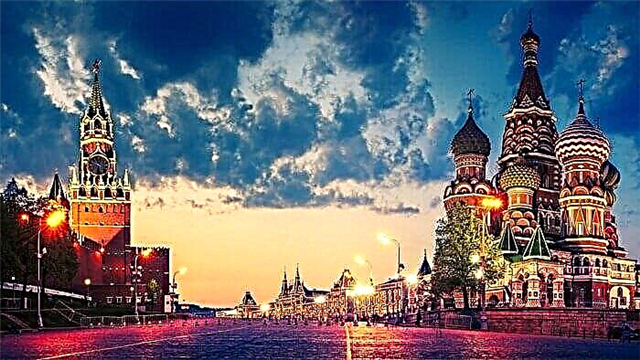 As for economic freedom in Russia, our country is on the 107th line of the rating, gaining 58.2 points. Her total score increased by 1.1 points compared to 2017. According to the compilers of the rating, large state institutions and an inefficient public sector dominate in the Russian economy. The judicial system has created favorable conditions for corruption. Property rights are poorly protected. All this worsens the long-term prospects of economic development.
As for economic freedom in Russia, our country is on the 107th line of the rating, gaining 58.2 points. Her total score increased by 1.1 points compared to 2017. According to the compilers of the rating, large state institutions and an inefficient public sector dominate in the Russian economy. The judicial system has created favorable conditions for corruption. Property rights are poorly protected. All this worsens the long-term prospects of economic development.
In addition, the situation with Crimea and Eastern Ukraine has led to ongoing Western economic sanctions and the flight of capital from the country.
Russia was bypassed by such countries of the former USSR as Lithuania, Azerbaijan, Kazakhstan, Armenia and Tajikistan. However, in Belarus (108th line) and Ukraine (150th place), the situation with economic freedom is even worse.

